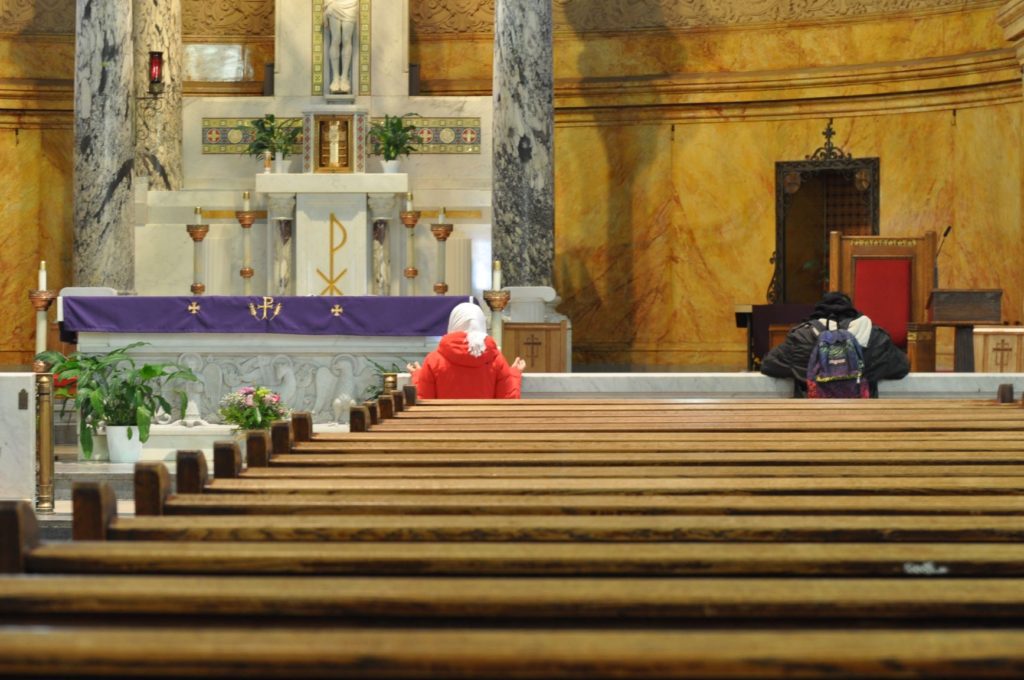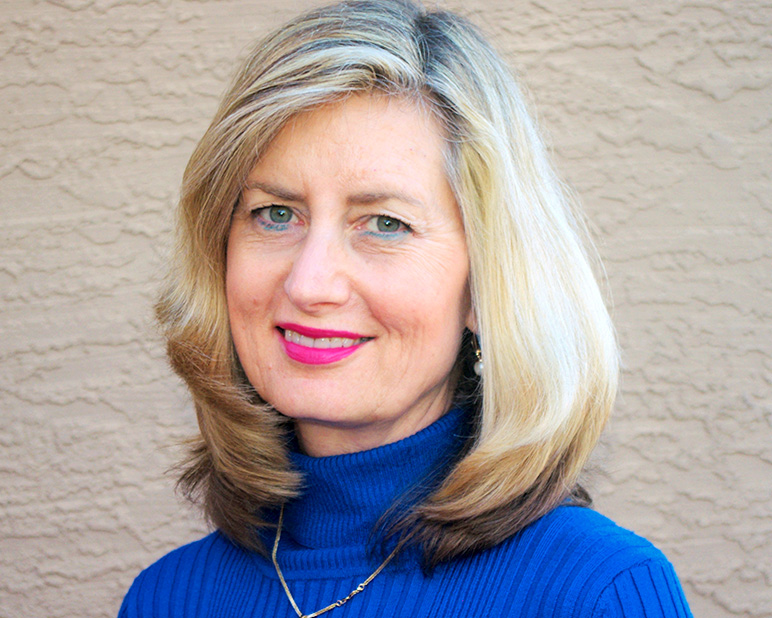

The amount of fear pulsing through the public over this current health scare — the coronavirus we’re now calling COVID-19 — is the latest news item meant to have us wringing our hands and fearing the future. As governments, school districts, churches and businesses post updates to their websites about the disease, it’s a good time to ask, what does Jesus say?

In Matthew 10:16, as He prepares to send forth the disciples, He tells them, “Behold, I am sending you out like sheep in the midst of wolves. Be shrewd as serpents and simple as doves.” Jesus sends us out and asks us to be completely trusting in Him, yet prudential in how we conduct ourselves. That applies to COVID-19. As missionary disciples, we still need to go forth with the mindset of 1 Pt 3:16: “Always be ready to give an explanation to anyone who asks you for a reason for your hope.” At the same time, we need to be wise in the way we conduct ourselves.
Our enemy wants to fill us with fear and anxiety, but as a popular Catholic hymn poetically declares, “We become what we receive.” The words refer to Holy Communion, but we can take it a bit further. If we receive a steady stream of the secular media’s coverage of a crisis like this, it’s going to leave us shaken. Staying grounded in the sacraments, prayer and Scripture helps us to see with the eyes of faith.
Jesus tells His disciples in Matthew 24 that before His second coming, there will be wars, false prophets, persecution, earthquakes and unrest. Love will grow cold and many will be deceived. “See that you are not alarmed,” Jesus says. “… the one who perseveres to the end will be saved” (Mt 24:6, 13).
The Church as field hospital
For a bit of historical context, the world was caught up in a cataclysmic epidemic just over 100 years ago. When the Spanish Flu erupted in 1918, Philadelphia was one of the cities hardest hit with more than 13,000 of its inhabitants dying. Some 50 million people worldwide died from the Spanish Flu — 34 million more than the total casualties of World War I.
What did the Catholic Church in Philadelphia do? Masses were canceled during most of October 1918, but Archbishop and future Cardinal Dennis Dougherty allowed the use of archdiocesan buildings as temporary hospitals. He also encouraged priests, non-cloistered nuns and members of the St. Vincent de Paul Society to care for the victims. About 2,000 religious sisters served as nurses, including the Sisters of Notre Dame de Namur, the forbearers of the order that serves in our Phoenix Diocese today.
The hard work and fearless sacrifice of the religious sisters, clergy and Vincentians and the generous attitude displayed by Archbishop Dougherty ought to inspire similar gestures in us. Rather than being caught up in worry, let’s ask ourselves how we can serve and share hope.
I can’t help but think of the words of St. Marianne Cope, a Franciscan sister who in 1883 answered the call to serve a community of lepers in Moloka’i, Hawai’i, after 49 other orders declined.
“I am not afraid of any disease,” she famously said. St. Marianne, it bears repeating, was an early advocate of frequent hand-washing.
Those who have no faith in Christ — or whose faith is shaky — may be caught up in fear and dread, but His faithful disciples have an incredible opportunity to be beacons of faith, hope and love amidst all the anxiety. We know Earth is not our final destiny; our lives here are a journey to the Father, and every heartbeat is a gift from God, an opportunity to demonstrate His love and mercy. In the blink of an eye, you and I will stand before Him. Will our lives have reflected the gift of faith we’ve been given?
Yes, please do wash your hands and cover your cough. Please do stay home if you’re sick. But never stop sharing the love of God and the wonderful hope we have in Him. One day, sooner than we know, every tear will be wiped away.





